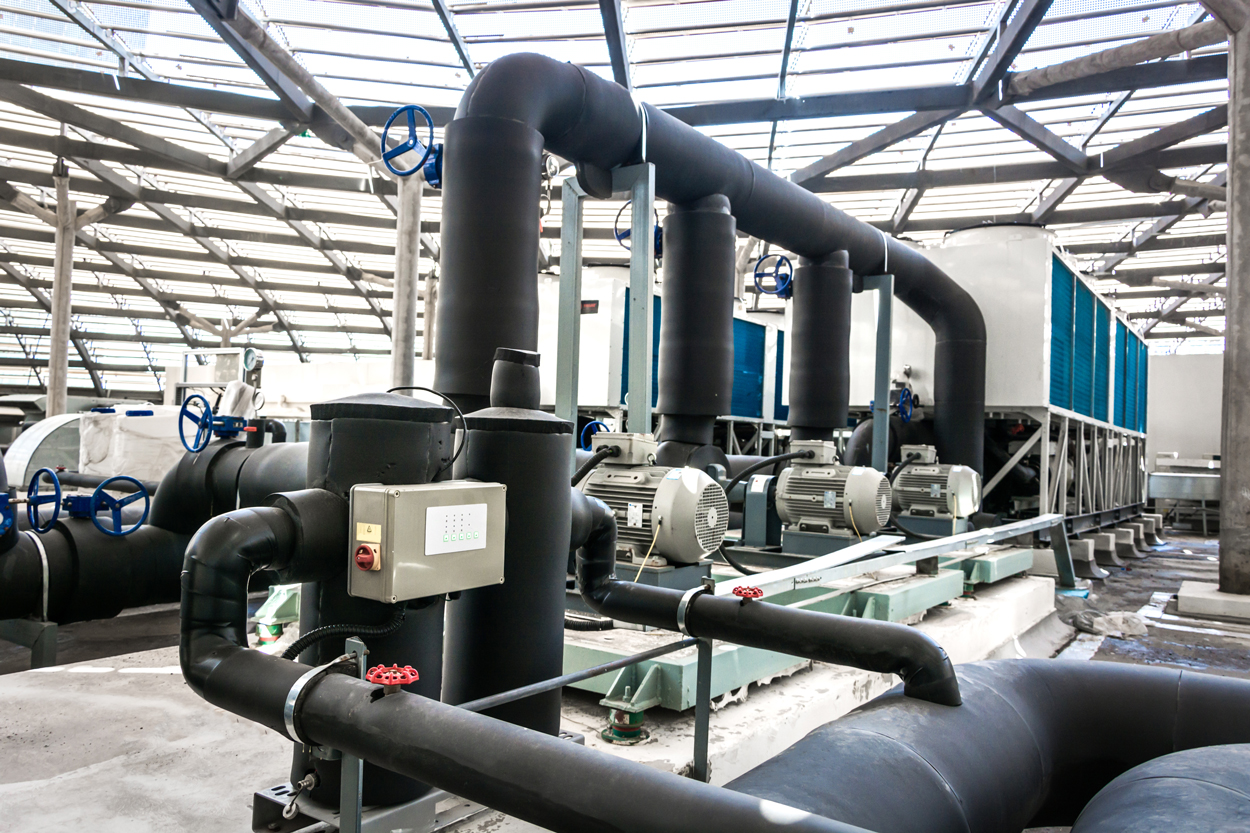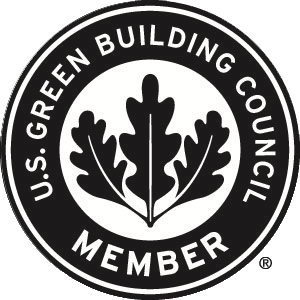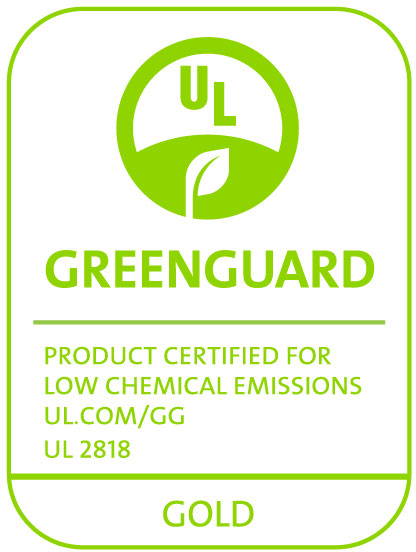Overview of AC Pipe Insulation
Air Conditioning (AC) pipe insulation plays a pivotal role in the efficiency and effectiveness of HVAC systems. Whether in residential or commercial settings, proper insulation of AC pipes is crucial for maintaining optimal temperatures, reducing energy costs, and ensuring a comfortable environment. In varying climates, from the intense heat of summer to the biting cold of winter, insulation serves as a barrier that keeps cool air cool and warm air warm, directly impacting the overall performance and longevity of HVAC systems. For a broader understanding, explore What is HVAC Pipe Insulation?.
Should AC Pipe Be Insulated?
AC piping insulation is not just a recommendation; it’s a necessity for any HVAC system that relies on piping to transfer fluids. The right insulation for AC lines saves energy by preventing heat gain or loss in the refrigerants, controlling condensation, protecting the piping from corrosion, and ensuring personnel safety when required. This is particularly important for the suction line or AC return line, where temperatures average around 40°F [4.4°C], and the liquid line, which operates at approximately 110°F [43.3°C]. While discharge lines are typically not insulated, doing so can be beneficial in scenarios where heat loss is undesirable or where personnel protection is a concern. Learn more about specific insulation types in AC Refrigerant Line Pipe Insulation Defined.
Why Do You Insulate the Suction Line?
Insulating the AC suction line is essential when the operating temperatures fall below the ambient temperature. This prevents condensation—a significant threat to HVAC piping—as well as heat gain to the refrigerant. Proper insulation safeguards against energy loss, corrosion under insulation (CUI), and potential system shutdowns. It also mitigates water damage risks and reduces slip/fall hazards. Insulation on warm/hot liquid lines becomes crucial in areas like unconditioned air plenums or attics, where the ambient temperature surpasses the liquid line temperature.
Types of Insulation for AC Pipes
The choice of insulation material for AC pipes significantly impacts their efficiency. Closed-cell insulation with a vapor retarder, such as cellular glass, elastomeric foam rubber, polyisocyanurate, and phenolic, is recommended for cold lines. Closed-cell elastomeric pipe insulation, known for its vapor retarder, low thermal conductivity, and flexibility, is particularly favored for AC lines. It effectively controls condensation and prevents heat gain without needing an additional vapor barrier, except under extreme conditions. For AC return lines exposed to direct UV rays, like those on rooftops, this insulation should be protected with a special coating or an insulation jacket. Discover various options and their benefits in Choosing the Right Refrigerant Pipe Insulation.
Installation and Maintenance of AC Pipe Insulation
Proper installation and regular maintenance are key to insulation effectiveness. For maintenance tips, visit Maintenance Tips for HVAC Refrigerant Line Insulation. It’s important to follow the manufacturer’s guidelines for installation to ensure optimal performance. Regular checks for damage or wear are essential, and repairs or replacements should be done promptly to maintain insulation integrity. DIY enthusiasts can undertake simple insulation tasks, but complex installations or repairs should be left to professionals.
FAQs on AC Pipe Insulation
- What is the best insulation material for air conditioning pipes?
- Closed-cell elastomeric foam is often preferred due to its efficiency, flexibility, and built-in vapor barrier. Explore different materials and their benefits in our detailed guide here.
- How does insulation affect the efficiency of an AC system?
- Proper insulation prevents heat gain or loss in the refrigerant, reducing energy costs and improving system performance. Learn about the impact of insulation on system efficiency in our comprehensive Sustainability section.
- Can insulation on AC pipes help in energy savings?
- Absolutely. By maintaining the intended temperature of the refrigerant, insulation significantly reduces energy consumption. Find out how in our article on Insulation Thickness Calculator.
Conclusion
Insulating your AC pipes is a smart investment in the efficiency, longevity, and performance of your HVAC system. For any further queries or personalized advice, feel free to contact us. Aeroflex USA offers a range of AEROFLEX® EPDM closed-cell elastomeric AC piping insulation options, suitable for a variety of applications and designed to meet the highest industry standards.












